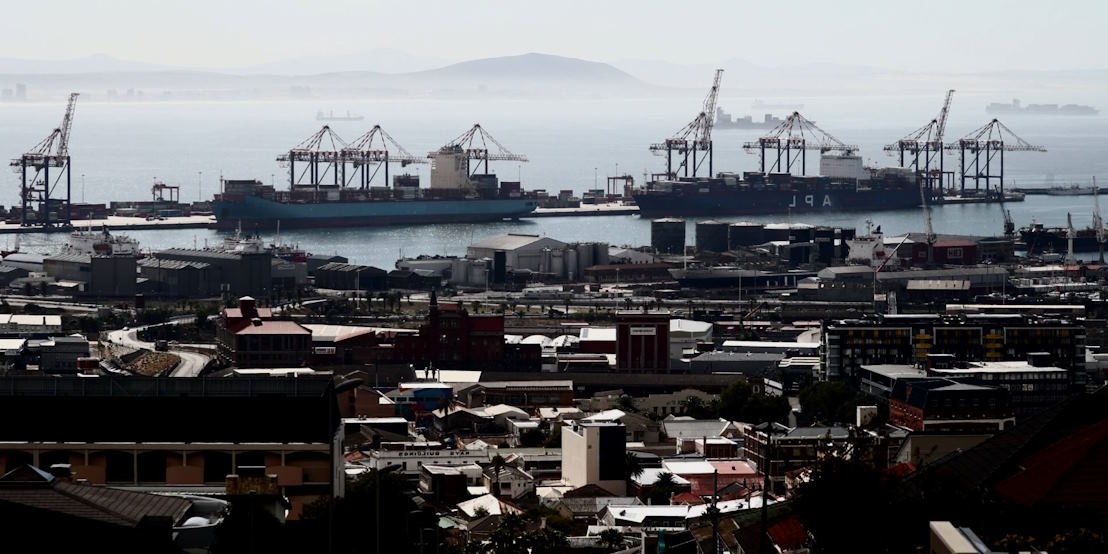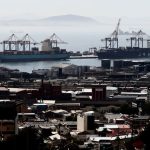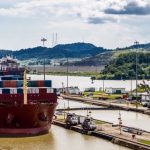Home » African Economic Outlook » The Weaving of Financial Interconnections: Unraveling Investment Flows in Africa
The Weaving of Financial Interconnections: Unraveling Investment Flows in Africa

Africa’s economic landscape is witnessing a dynamic shift characterized by evolving investment flows and burgeoning financial linkages among its countries. The continent, rich in resources and potential, is experiencing a growing influx of foreign and domestic investments, which play a pivotal role in fostering economic ties, driving growth, and shaping its economic future.
Investment Flows Across African Countries
Investment flows within Africa encompass a spectrum of capital movements, from foreign direct investment (FDI) to domestic investments and cross-border financial activities. FDI, in particular, has shown a significant increase in recent years, contributing to the development of various sectors such as infrastructure, telecommunications, and energy across African nations.
Role of Foreign and Domestic Investments
Foreign direct investment catalyzes economic development, injecting capital, technology, and expertise into African economies. These investments often target sectors like mining, manufacturing, and services, contributing to job creation and infrastructural advancements.
However, domestic investments also play a critical role in driving economic growth. They fuel entrepreneurship, bolster local industries, and nurture homegrown enterprises, contributing to economic diversification and resilience.
Impact of Economic Policies and Regulations
Economic policies and regulatory frameworks wield significant influence over investment dynamics within Africa. Policies promoting investor-friendly environments, regulatory transparency, and legal stability are pivotal in attracting foreign and domestic investments.
Infrastructure development is another key factor influencing investment patterns. Improvements in transportation, energy, and telecommunications infrastructure attract investments and enhance connectivity, reducing trade barriers and fostering economic integration.
Challenges in Investment Flows
Challenges persist in fully harnessing the potential of investment flows within Africa:
Infrastructure Gaps
Deficiencies in infrastructure, including transport, energy, and digital networks, hinder the efficient movement of goods and capital, impacting investment attractiveness.

Regulatory Hurdles
Inconsistent regulations, bureaucratic barriers, and legal complexities across borders create uncertainties for investors and impede investment flows.
Political Instability
Political uncertainties, conflicts, and governance issues in some regions pose risks for potential investors, deterring long-term commitments.
Seizing Opportunities for Enhanced Investments
Addressing these challenges presents opportunities for stimulating investment flows within Africa:
Infrastructure Development
Investments in infrastructure projects can improve connectivity, reduce trade costs, and attract further investments across the continent.
Policy Reforms
Streamlining and harmonizing regulations, enhancing legal frameworks, and improving governance are crucial for creating a conducive investment environment.
Promoting Financial Inclusion
Increasing access to finance, particularly for SMEs and underserved communities, can stimulate entrepreneurial activities and spur economic growth.
About
Discover the narratives that define the global economic stage. From diplomatic dialogues to trade partnerships, our blog unveils the stories behind economic development and international relations.






























